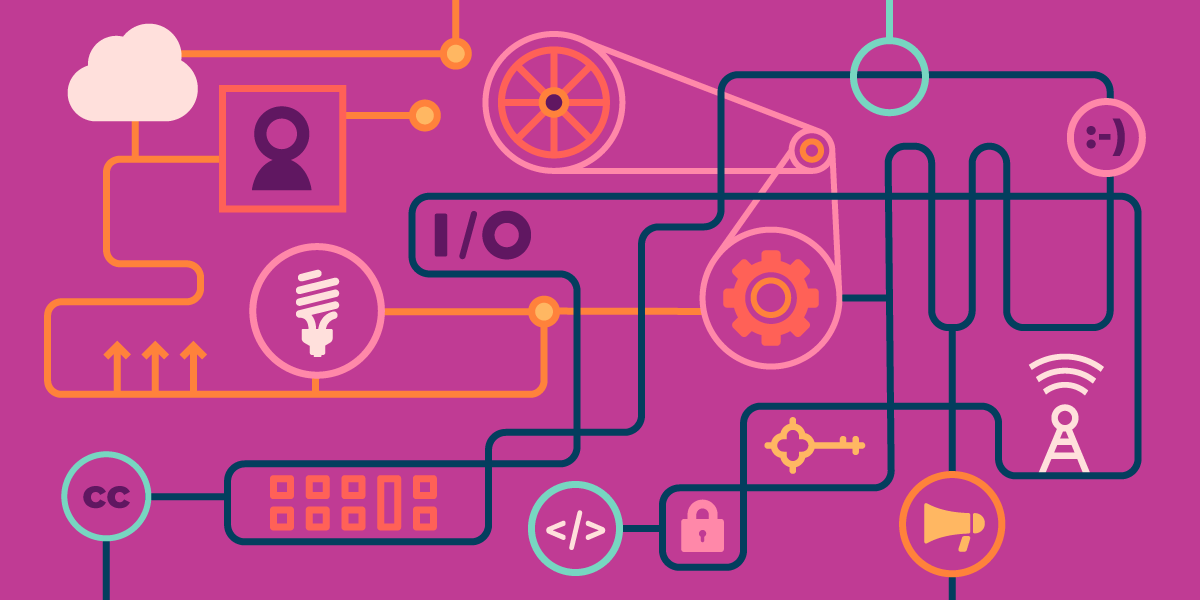|
Getting your Trinity Audio player ready...
|
The Consumer Finance Protection Bureau has proposed a new “Personal Financial Data Rights” rule that will force your bank to make it easy for you to extract your financial data so that you can use it to comparison shop for a better offer, and switch to another bank with just a few clicks.
This is a very good idea, provided it’s done right. Done wrong, it could be a nightmare. Below, we explain what the Bureau should do to avoid the nightmare and realize the dream.
We’ve all heard that “if you’re not paying for the product, you’re the product.” But time and again, companies have proven that they’re not shy about treating you like the product, no matter how much you pay them.
What makes a company treat you like a customer, and not the product? Fear. Companies treat their customers with dignity when they fear losing their business, or when they fear getting punished by regulators. Decades of lax antitrust and consumer protection enforcement have ensured that in most industries, companies don’t need to fear either.
Companies without real competitors have it easy: if you need their services, they can siphon off value from you and give it to themselves, without worrying about you leaving. As the old Lily Tomlin gag goes, “We Don’t Care. We Don’t Have To. We’re the Phone Company.”
But even when companies do have competition they can rig the game so that it’s hard for you to break up with them and fall into a rival’s arms. Companies create high switching costs that lock you into their business. Remember when cellphone companies forced you to throw away your phone and your phone number when you changed carriers?
When the cost of leaving a company is higher than the cost of staying, you’ll stay. The more costly a company can make your departure, the worse they can treat you before they have to work about you leaving.
Leaving your bank can be very costly indeed. First, there’s the cost associated with bringing along all your financial data – your account history, the payees you have accounts with and so on.
Then there’s the cost of figuring out which bank would be better for you. Maybe another bank charges more for checks and less for electronic payments, but has a higher overdraft fee. Given that you don’t write checks at all, but use a lot of electronic payments, and typically get dinged for an overdraft twice per year, should you make the switch?
The new CFPB proposal takes aim at both of these costs. Under the proposed rules, your bank or other financial institution will have to give you a simple way to export your data in a “machine-readable” format that can be read by comparison shopping sites and other banks.
That’ll make it easier for you to figure out which bank is best for you, and to make the switch when you do. Who knows, maybe it’ll even convince your bank to treat you better (and if it doesn’t, well, you can leave).
EFF has always supported “data portability.” Technological self-determination starts with controlling your data: having a copy of your own, and deciding who else gets that copy. But with data-portability, the devil is always in the details.
Financial data is some of the most sensitive data around. When your data gets into the wrong hands, you’re at risk of identity theft and fraud, as well as the usual privacy risks associated with your personal data getting spread around online.
For decades, companies have offered to help you get your data out of your bank. In the absence of a formal standard for moving that data around, these companies “scraped” the data from your bank, using your username and password to log in to your bank as you and then slurp up the account data from your bank’s website.
This kind of scraping is a time-honored part of the adversarial interoperability story: when a tech company won’t give you something that you have a right to, you just take it.
But there are a lot more people who’d like to get their data out of a bank than are able (or willing) to write their own web-scraper. Instead, we’re likely to use a commercial service that promises to do this for us.
That’s fine, too – provided that the service doesn’t also abuse us. Unfortunately, these finance scrapers have a long and dishonorable history of abusing the data they collect on our behalf – selling it, mining it, and leaking it.
No one is quicker to mention this bad behavior than the banks, of course. As they grapple with these companies that seek to make it easier to take your business elsewhere, the banks are adamant that they’re doing it all for you, to protect you from privacy plunderers. The fact that blocking these scrapers helps the banks keep you locked in is just a happy coincidence.
To hear the banks tell it, the only way to stop other companies from abusing your data is to let them decide when and how you’re allowed to share it. The CFPB offers an alternative to this false binary: rather than letting your (conflicted) bank decide the terms on which other companies can get your data, the CFPB has spelled out its own strict proposed rules about what other companies are allowed to do with that data:
Third parties could not collect, use, or retain data to advance their own commercial interests through actions like targeted or behavioral advertising. Instead, third parties would be obligated to limit themselves to what is reasonably necessary to provide the individual’s requested product.
This is a good start. As we wrote previously, the way to limit corporate abuse of internet users is to ban creepy, exploitative and deceptive practices and punish companies that violate the ban. We can’t trust big companies to decide when a competitor is worthy of your trust. They have an unresolvable conflict of interest.
One thing we’d like to see in that final rule: strong assurances that users will still have the right to use scrapers to get at their data, either because their bank is dragging its feet, or because there’s some data that isn’t captured by this rule.
To protect users who choose to scrape their data, we’d want to apply the same privacy, data minimization and use restrictions to scrapers that the rule would apply to companies that get your data in more formal ways.
This is a promising development! The CFPB has identified a real problem and conceived of a solution that empowers the public to escape commercial traps. Their proposal identifies the privacy risks associated with data portability and seeks to mitigate them. The CBPB has also managed to steer clear of the traps that similar rules fell into.


